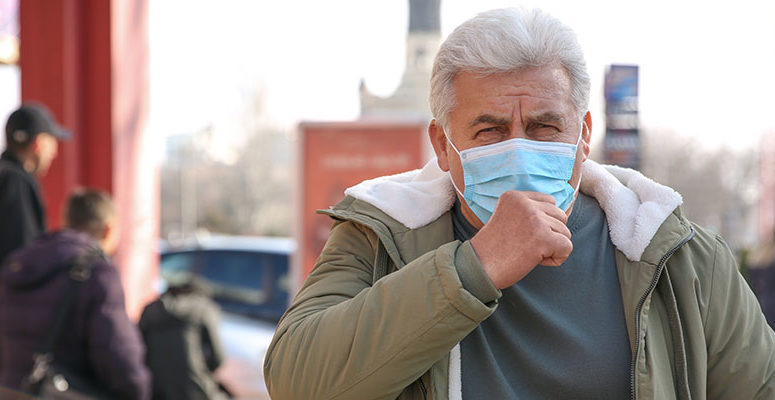
Seniors: What to Do if You Suspect COVID-19?
As the most disruptive pandemic since the Spanish Flu of 1918, the coronavirus or COVID-19 as it is sometimes called is present on every continent save for Antarctica. As tens of millions of people have been infective with hundreds of thousands succumbing to the virus, it is important that you seek medical attention if you have been infected. Understanding what to do if you suspect COVID-19 may save your life.
But how do you know if you have been infected? One aspect of the virus that makes it difficult to track is the overwhelming number of people who carry COVID-19 but show no symptoms. This means that you may have been infected already and do not even know about it. If so, then having no symptoms means you should be fine. But not knowing what symptoms might appear may have you misinterpreting a common cold or allergy for COVID-19.
Common Symptoms
It should be noted that COVID-19 often displays symptoms that are similar to other infections or viruses. Plus, the symptoms may vary from person to person. Some of the more common symptoms associated with COVID-19 are as follows:
- Coughing
- Fever
- Shortness of Breath
- Muscle Aches and Pains
- Diarrhea
- Headache
- Unexplained Loss of Smell or Taste
As you can see, many of these symptoms are similar to influenza, the common cold, and even some forms of allergies. However, the combination of certain symptoms are unique to COVID-19. If you experience any of these symptoms which persist for more than a few hours, then you will need to act.
What to Do?
If you are serious symptoms such as shortness of breath, then call 911 and get emergency medical assistance quickly. However, in most cases the initial symptoms are mild and often mistaken for something else.
Since the mild symptoms of COVID-19 can vary somewhat between people, the first step is to call your healthcare provider. It is important that during this time you do not do the following:
- Go to the hospital
- Go to work
- Take public transportation
- Meet friends or relatives at a gathering
You may have COVID-19 or you may not, but your healthcare provider should be contacted first in any event.
List Your Symptoms: Provide a complete description of the symptoms that you are experiencing. Although they differ somewhat between people, there are certain telltale signs that your healthcare provider may pick up on to determine the treatment you may need.
Contact with COVID-19: One question you will need to answer is if you had any contact with someone that you know had COVID-19. This can be a big determining factor in the type of treatment that you may need. Because the symptoms can vary somewhat, knowing that you have been in contact will help your healthcare provider determine the next step.
Understanding what to do if you suspect COVID-19 may not only save your life, but the lives of family, friends, and co-workers. By being cautious at first, you can take the steps necessary to ensure that the virus is treated properly so you can recover.
Contact PSC Community Services for more information. Please reach out to us directly at 718-389-7060 or info@psccs.org
